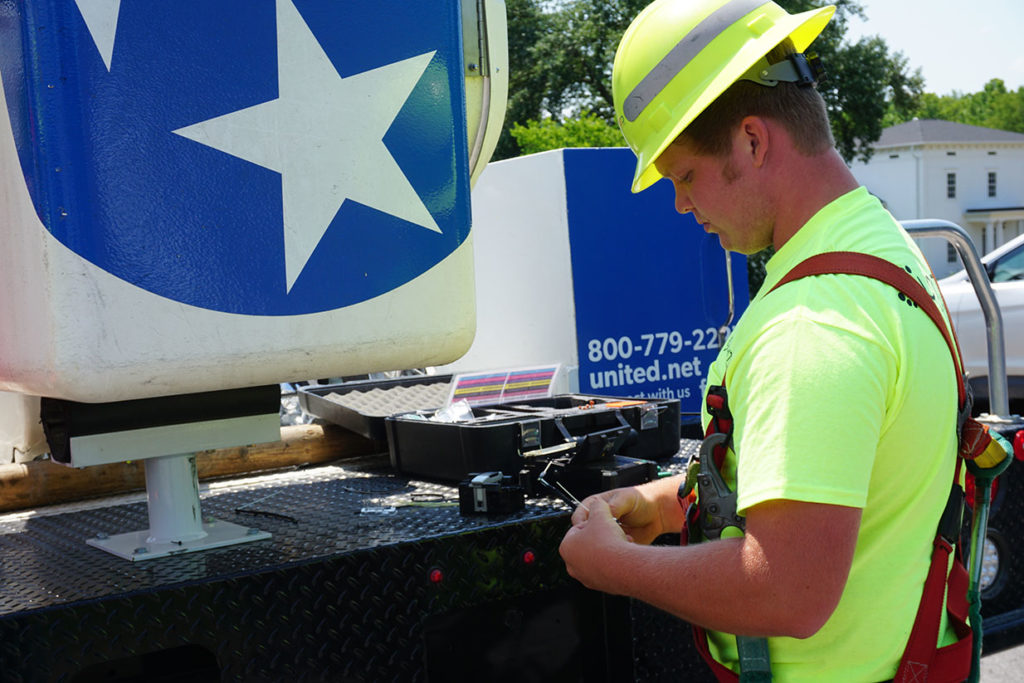
Dillingham, Alaska, is so remote that it’s only accessible by air or an occasional barge. Yet thanks to the efforts of Nushagak Cooperative and nearly $17 million from the U.S. Department of Agriculture, this community of 2,300 is on target for world-class broadband internet access.
“It will be a game-changer,” said Trung Vo, telecom operations manager for the cooperative, which delivers both telephone and electric service.
Nushagak was among six electric co-ops to receive funding in the latest round of grants and loans from USDA’s ReConnect program.
“Federal funds like these ReConnect grants are a vital ingredient in order to successfully bring rural America into the 21st century,” NRECA CEO Jim Matheson said during a media call with Agriculture Secretary Tom Vilsack, who announced the ReConnect awards Aug. 11.
Nushagak plans to use the grant to connect 944 households, nine schools, eight essential community facilities, three health care facilities and 223 businesses across 49 square miles. It will offer speeds at 300 megabits with unlimited data and will be able to grow to 1 gigabit.
“We are a little area considered to be in the middle of nowhere,” Vo said. “With the ReConnect grant, we will be able to deliver to these most remote residents the same speed internet available in urban areas in the lower 48.”
Gascosage Electric Cooperative, based in Dixon, Missouri, won a $700,000 grant to build fiber to 163 households and a farm. Past ReConnect funds helped the co-op launch its broadband service in the community of 1,100. It recently hooked up its first seven subscribers. Another 70 have signed up.
“Potential financial strain on our small distribution cooperative was very concerning and holding us back from providing this crucial service to our rural membership,” said General Manager Carmen Hartwell.
Middle Tennessee Electric will use a $1.76 million grant to run fiber to 711 unconnected households, 10 farms and four businesses.
“It will allow us to extend into some of the most rural, hard-to-reach areas of our service footprint,” said Brad Gibson, MTE’s chief cooperative business officer. “This accelerates our ability to get broadband there quicker despite the economic challenges.”
MTE, based in Murfreesboro, entered the broadband space when it acquired United Communications in 2018 after the state allowed electric co-ops to pursue retail internet.
Cathy Cash is a staff writer for NRECA.